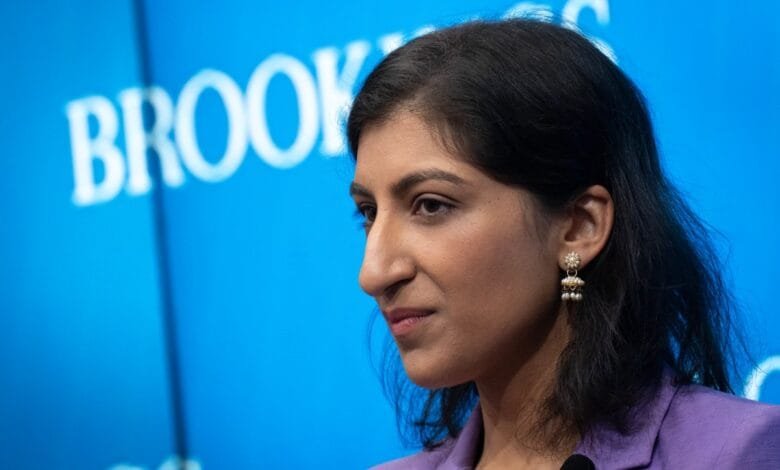Lina Khan Cites Figma IPO as Proof M&A Scrutiny Works

▼ Summary
– Lina Khan, former FTC chair, celebrated Figma’s IPO as proof that startups can succeed independently instead of being acquired by large companies.
– Khan referenced Adobe’s failed $20 billion acquisition of Figma in 2023, which faced regulatory scrutiny over competition concerns.
– As FTC chair, Khan challenged Big Tech’s startup acquisitions, leading some companies to adopt “reverse acqui-hires” to avoid regulatory hurdles.
– Khan defended her regulatory approach, arguing it benefits founders by increasing competition among potential suitors rather than limiting options.
– Critics argue Figma’s success stems from its innovation, not regulatory actions, as seen in analyst Dan Ives’ comments.
The recent Figma IPO has drawn attention from an unexpected quarter – former FTC Chair Lina Khan, who sees the company’s public market debut as validation for her tough stance on tech mergers. In a social media post, Khan highlighted how Figma’s successful first day of trading demonstrates the value of letting startups flourish independently rather than being absorbed by industry giants.
Khan specifically referenced Adobe’s failed $20 billion acquisition attempt in 2023, which collapsed under regulatory pressure. Both European and UK antitrust authorities raised concerns about the deal’s potential to stifle competition, while the FTC under Khan’s leadership took similar action in the U.S. The agency questioned whether Adobe’s purchase would eliminate Figma as a viable competitor in design software markets.
During her tenure, Khan pursued an aggressive approach to tech mergers, prompting some companies to explore alternative strategies like “reverse acqui-hires” – hiring key personnel and licensing technology instead of outright acquisitions. Critics argued her policies created unnecessary hurdles, but Khan maintained that only a small fraction of deals faced serious scrutiny. She believed a more competitive landscape with multiple potential buyers ultimately benefited founders and innovation.
Now, with Figma thriving as a public company, Khan frames its IPO as proof that blocking major acquisitions can lead to better outcomes for employees, investors, and consumers. However, skeptics counter that Figma’s success stems from its own execution rather than regulatory intervention. Industry analysts point to the company’s strong product development and market positioning as the real drivers behind its impressive valuation.
The debate continues over whether Khan’s merger policies helped or hindered the tech ecosystem. What remains clear is that Figma’s journey – from acquisition target to standalone public company – has become a focal point in discussions about antitrust enforcement and startup growth.
(Source: TechCrunch)





